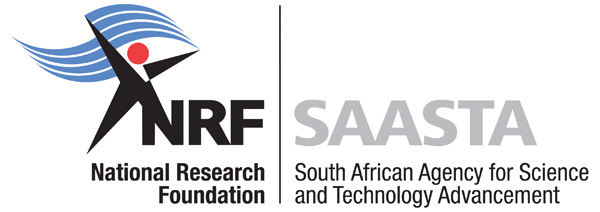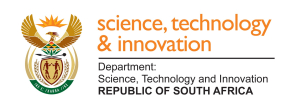Background
In 2015 the Department of Science and Innovation, in support of the Comprehensive Rural Development Programme, tasked the South African Agency for Science and Technology Advancement with the responsibility to implement the Innovation Partnership for Rural Development Programme (IPRDP) Science and Technology Youth Journalism programme. The IPRDP was intended to gather knowledge, evidence, and learning for integrating innovative technologies in improving access and quality of public service delivery.
The IPRDP was a two-year programme that demonstrated innovative technology solutions in district municipalities that form part of the prioritised 26 district municipalities. The programme demonstrated technologies in various sectors ranging from water, sanitation, energy, and ICT. The scope of the IPRDP business plan was not limited to demonstration only but have aspects of skills transfers to municipalities and communities; promotion of science and technology amongst youth; and capacity building on the management of innovative technologies.
Overview
The Science and Technology Youth Journalism Programme aims to communicate science and technology stories in all the South African indigenous languages and to promote interest in science and technology amongst the disadvantaged youth. The programmes strives to ensure that scientific information is accessible to all South Africans.
Through this programme, unemployed graduates (18 to 35 years of age) in science and technology, communications or journalism are hosted by the community media outlet for a one-year science journalist internship. The South African Agency for Science and Technology Advancement places the interns at specific community media organisations in identified municipalities to produce stories for broadcast, online and print media about science, technology and innovation (STI). The interns are responsible for developing popular articles about specific technologies piloted in local communities, as well as innovations developed within these communities.
The Department of Science and Innovation (DSI), in support of scientific research in South Africa, priority areas such as Astronomy, Space Science, Palaeoscience, Bio-Innovation and Nanotechnology and science and technology reporting in the community media, has tasked the South African Agency for Science and Technology Advancement with the responsibility to implement Science and Technology Youth Journalism Internship programme.
The programme is currently implemented in all nine provinces in South Africa. The South African Agency for Science and Technology Advancement partners with the Media Development and Diversity Agency to identify community media outlets to host interns and produce science and technology stories in all the South African indigenous languages.
Alignment to Science Engagement Strategy
The programme supports the Department of Science and Innovation’s Science Engagement Strategy. In line with first strategic aim of the Science Engagement Strategy, the programme aims to popularise science, technology, and innovation, and thus contribute to improving public understanding and awareness of science and technology.
SAASTA aims to be the leading science advancement agency in the country by promoting and communicating the value and impact of science, technology, and innovation in a dynamic knowledge economy. It also intends to contribute significantly towards building a science, engineering, and technology (SET) human resource base.
Find out more about the interests and academic backgrounds of the interns:
Below is some of the published work of the interns enrolled in the Science and Technology Youth Journalism programme. More published work can be found here.
Mr. Zamuxolo Matiwana
Media Coordinator
Email: zamuxolo@saasta.ac.za


 The South Africa Agency for Science and Technology Advancement (SAASTA) is a business unit of the
The South Africa Agency for Science and Technology Advancement (SAASTA) is a business unit of the 